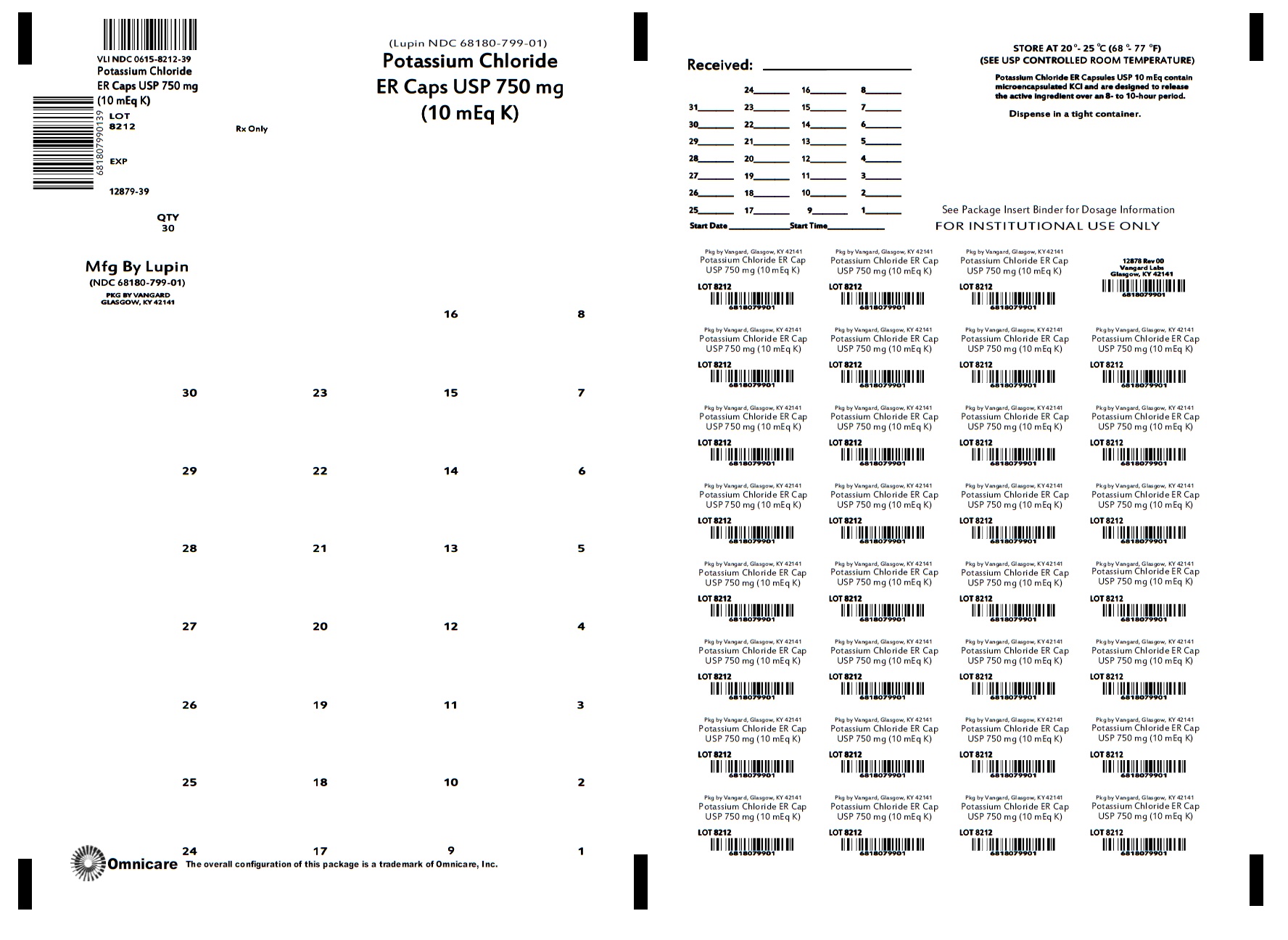There are high number of clear evidence that breastfeeding provides best nutrition that you can give to your baby. It is also evident that lactation is good for mothers health as well. Evolution has designed breastfeeding in a way that it caters all nutritional need of your child. However modern medicine is quite new for evolution, that is why mothers body is not well prepared to filter unnecessary chemical found in medicines. It becomes a necessity to figure out which drug is safe and which drug is dangerous for your newborn while nursing. In this article we will understand function of Potassium Chloride Capsule, Coated, Extended Release and its suitability with breastfeeding.
What is Potassium Chloride Capsule, Coated, Extended Release used for?
BECAUSE OF REPORTS OF INTESTINAL AND GASTRIC ULCERATION AND BLEEDING WITH CONTROLLED-RELEASE POTASSIUM CHLORIDE PREPARATIONS, THESE DRUGS SHOULD BE RESERVED FOR THOSE PATIENTS WHO CANNOT TOLERATE OR REFUSE TO TAKE LIQUID OR EFFERVESCENT POTASSIUM PREPARATIONS OR FOR PATIENTS IN WHOM THERE IS A PROBLEM OF COMPLIANCE WITH THESE PREPARATIONS. For the treatment of patients with hypokalemia with or without metabolic alkalosis, in digitalis intoxications, and in patients with hypokalemic familial periodic paralysis. If hypokalemia is the result of diuretic therapy, consideration should be given to the use of a lower dose of diuretic, which may be sufficient without leading to hypokalemia. For the prevention of hypokalemia in patients who would be at particular risk if hypokalemia were to develop e.g., digitalized patients or patients with significant cardiac arrhythmias, hepatic cirrhosis with ascites, states of aldosterone excess with normal renal function, potassium-losing nephropathy, and certain diarrheal states. The use of potassium salts in patients receiving diuretics for uncomplicated essential hypertension is often unnecessary when such patients have a normal dietary pattern and when low doses of the diuretic are used. Serum potassium should be checked periodically, however, and if hypokalemia occurs, dietary supplementation with potassium-containing foods may be adequate to control milder cases. In more severe cases, and if dose adjustment of the diuretic is ineffective or unwarranted, supplementation with potassium salts may be indicated.
Is using Potassium Chloride Capsule, Coated, Extended Release unsafe in breastfeeding? Can there be bad consequences for baby if I use it while breastfeeding?
As per our analysis Potassium Chloride Capsule, Coated, Extended Release contains only one ingredient and that is Potassium chloride. We have analyzed Potassium chloride and it seems to be safe to use Potassium chloride while breastfeeding, that means usage of Potassium Chloride Capsule, Coated, Extended Release shall be safe while breastfeeding. Below you can check more details of Potassium chloride usage in breastfeeding. We recommend you to go through provided detailed analysis as below take decision accordingly.
Statement of Manufacturer/Labeler about breastfeeding usage
Nursing Mothers The normal potassium ion content of human milk is about 13 mEq per liter. Since oral potassium becomes part of the body potassium pool, so long as body potassium is not excessive, the contribution of potassium chloride supplementation should have little or no effect on the level in human milk.
Potassium Chloride Capsule, Coated, Extended Release Breastfeeding Analsys
SafeCAS Number: 7447-40-7
Human milk has a potassium concentration of 13 meq/L, almost a half of rehydration solution content and a quarter of maximal IV recommended dose. Potassium supplementation does not alter milk concentration without increasing mother’s serum concentration, which is strictly limited from 3,5 to 5,5 meq/L.
What should I do if I am breastfeeding mother and I am already exposed to Potassium Chloride Capsule, Coated, Extended Release?
As usage of Potassium Chloride Capsule, Coated, Extended Release is mostly safe while breastfeeding hence there should not be any concern. In case of any change in behavior or health of your baby you should inform your health care provider about usage of Potassium Chloride Capsule, Coated, Extended Release else no further action is required.
My health care provider has asked me to use Potassium Chloride Capsule, Coated, Extended Release, what to do?
Usage of Potassium Chloride Capsule, Coated, Extended Release is safe for nursing mothers and baby, No worries.
If I am using Potassium Chloride Capsule, Coated, Extended Release, will my baby need extra monitoring?
No
Who can I talk to if I have questions about usage of Potassium Chloride Capsule, Coated, Extended Release in breastfeeding?
US
National Womens Health and Breastfeeding Helpline: 800-994-9662 (TDD 888-220-5446) 9 a.m. and 6 p.m. ET, Monday through Friday
UK
National Breastfeeding Helpline: 0300-100-0212 9.30am to 9.30pm, daily
Association of Breastfeeding Mothers: 0300-330-5453
La Leche League: 0345-120-2918
The Breastfeeding Network supporter line in Bengali and Sylheti: 0300-456-2421
National Childbirth Trust (NCT): 0300-330-0700
Australia
National Breastfeeding Helpline: 1800-686-268 24 hours a day, 7 days a week
Canada
Telehealth Ontario for breastfeeding: 1-866-797-0000 24 hours a day, 7 days a week


